What Teens Are Saying About “Snowflake Culture"
Sexual Ethics and Child-Centered Parenting
“You hear a lot of people calling other people a snowflake,” said my young student as we talked about sexual ethics and peer pressure at high school. I knew the ways in which the term was derogatory, but never had I heard it from the mouth of a teenager.
When I researched the origin and present-day use of the term (there have been many variations over time), it made more sense why using the word “snowflake” would be popular among teen circles. Soon, I came to understand the practice as not entirely negative.
Research gives an expanded definition of a “snowflake generation” where children have been raised under a parenting style that highlights their unique expression of humanity, much like every snowflake is unique. But the shadow side of the term, and why it is used to insult, is that snowflakes are as fragile as they are unique.
Psychologist Jennifer Delgado refers to three primarily challenging aspects of children who are products of snowflake culture: hyper-protection; an exaggerated sense of self; and insecurity and catastrophism.
If a child is raised to believe their unique personality possesses an extra special something that others don’t – the hallmark of child-centered parenting- then it’s easy to see the need for self-protection should that self be threatened. Likewise, one’s personal needs and interests will by necessity supersede the needs and interests of others, contributing to an exaggerated sense of self.
Dr. Tim Elmore’s article for The Huffington Post, “How to Build Snowmen from A Snowflake Culture” states:
“Not seeing what was happening soon enough, parents, teachers and other adults forgot that raising children is not just about protecting but preparing. We wouldn’t let them fail. We removed the consequences of poor decisions. We praised the wrong qualities in them. We risked too little, we rescued them too quickly and raved too easily.”
As a parent of a young adult, I read my own parenting style in every line. Although my daughter is away at college, I have been unpacking child-centered parenting since book one in the Be Strong, Be Wise series came out. In fact, I devoted a chapter to this parenting model’s effect on children’s sense of self-efficacy.
But how does child-centered parenting intersect with a discussion of sexual ethics?
Young people who’ve been taught to believe that they are special and important, are likely to assess that their feelings and desires are special and important too, making it doubly difficult to make decisions based on others’ needs rather than their own.
There’s the added vulnerability of giving way to peer pressure when these desires and interests are multiplied by a group of people. The gang mentality that exists in rape culture, and is certainly alive and well on many college and high school campuses, makes little to no room for questions of morality, respect, and human dignity.
To be clear: we can’t blame rape culture on the dominant parenting style, not when it has been around as long as it has, and not when there are so many other primary forces contributing to it — sexism, racism and homophobia to name a few.
Can we, however, take note of what teenagers are saying about the “snowflake generation” and support their efforts in examining how this parenting model, for all its strengths, may also contain some crucial weaknesses?
The good news for parents like me, is that teens are using the term “snowflake” to admonish each other. While the practice may seem cruel, it implies a need to build inner resilience. No one wants to be a snowflake, so finding ways to prove resilience and aptitude are becoming more important among the people who matter most in a teenager’s life: other teenagers.
Back on Track Teens shared this post:
“I have been part of this so-called snowflake generation. If you let the negativity associated with the term become believable it’s not a good place to be in, believe me, I lived the life for a long time before building my own resilience and bouncing back.
“Melt-downs, breakdowns, high anxiety, depression, even suicidal thoughts, come from believing that everything that’s happening to you is out of your control. You think ‘it’s not my fault, I have no power to make it stop, other people make my life miserable.’ But these thoughts are not new thoughts, they’re not unique, and they certainly are not new to you, you’re not the first person to have thought them.
“The powerful antidote is when you realize these thoughts are not true. They’re a bunch of lies and with the right mindset you can discover how to have a life happen for you and not to you. Take back control in your life, in your thoughts and in the way that you feel- how amazing is that going to be? Think of all the cool stuff you will achieve.”
At Be Strong, Be Wise, we recognize that every young person is made up of far more than the influences that went into creating and raising them. We care about the individual voice, interests and concerns of each student we teach, and seek to support their efforts in developing a sense of self that is capable and resilient.
To learn more about our upcoming Healthy Relationships course for teens, starting May 10th, check out https://www.bestrongbewise.com/programs-for-youth

